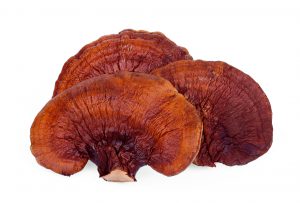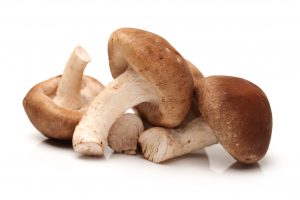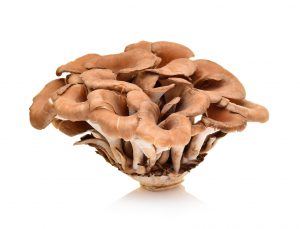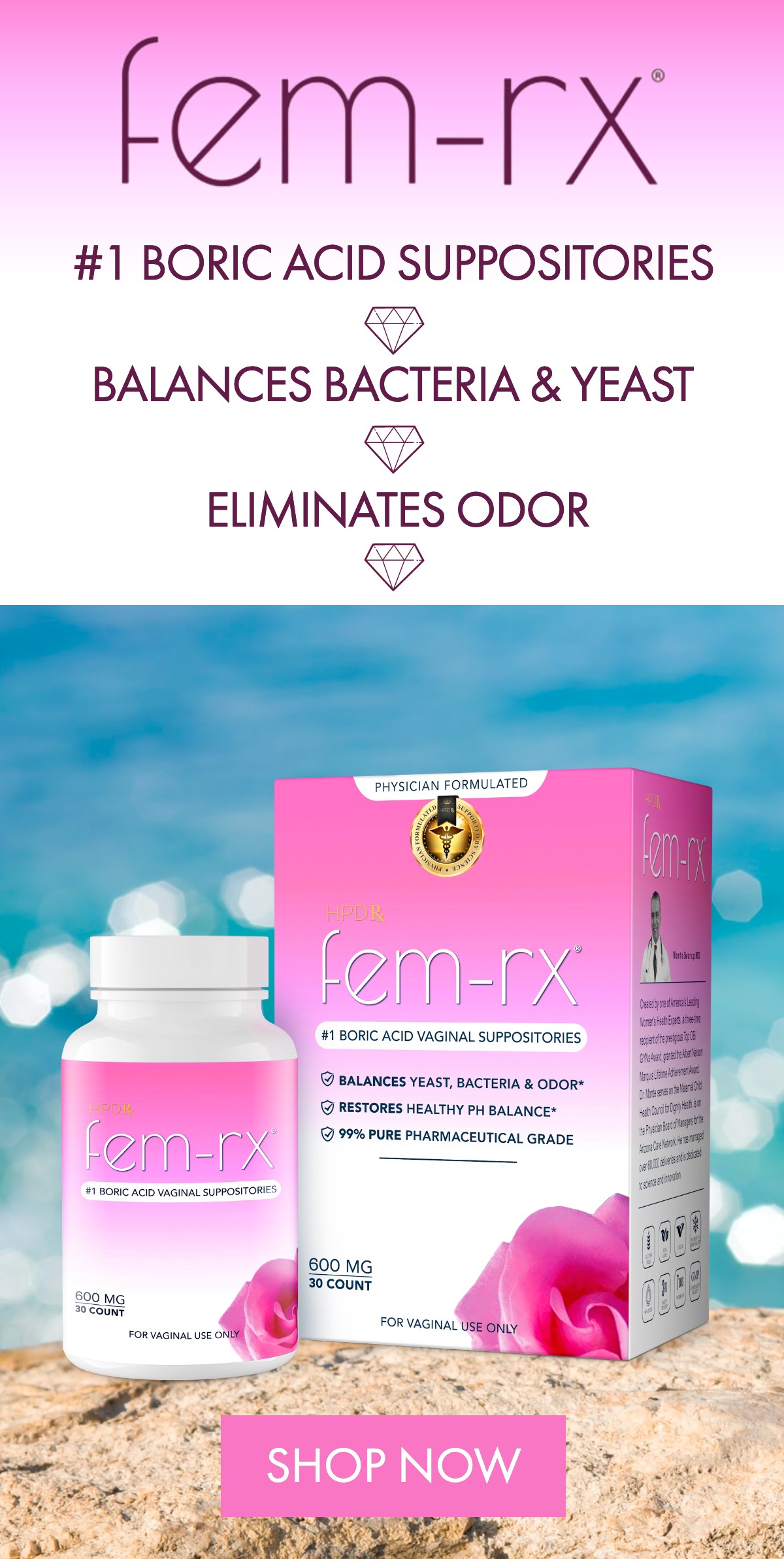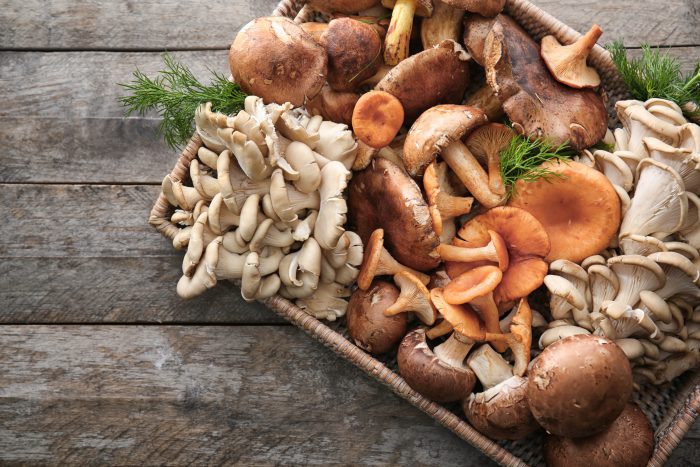
Mushroom Overview
The dietary supplement industry is paying more attention to the trend of medicinal mushrooms, especially when combined in a blend. However, the use of mushrooms for medicinal purposes is not new. For over two thousand years, our ancestors have used these mushrooms to treat an array of conditions. An example of this is the discovery of a 5,300-year-old mummy in the Tyrolean Alps with a medicine kit that contains Piptoporus betulinus. Researchers believe our ancestors used this mushroom to get rid of worms.
Today, it is common to find various combinations of mushrooms used in dietary supplement formulations. However, there is one question to ask – Is there any real value in combining multiple mushrooms in one formula, or is it just “marketing science”?
To answer this question, we need to understand that medicinal mushrooms are a rich source of naturally occurring polysaccharides (e.g., beta-glucans). These compounds directly stimulate immune reactions.
By examining three well-known and well-researched mushrooms that offer positive effects to the immune system, we can gain insight into the potential benefits of combining mushrooms in a formula for immune system support.
Reishi
Reishi (Ganoderma lucidum) is famous for its active components, such as polysaccharides (e.g., beta-glucans, triterpenes). These compounds exert various effects on the human body, including antioxidant properties, immune system modulation, and cardiovascular benefits.
Studies found that reishi polysaccharide fractions can enhance immune responses in patients with late-stage cancer. For instance, a 12-month study found that a water-soluble extract of reishi can suppress the development of precancerous colorectal adenomas and decrease the size of existing ones when taken every day.
Shiitake
Shiitake is a popular and well-studied medicinal mushroom. For centuries, people used shiitake for a variety of health benefits. One of the most popular benefits of shiitake is its ability to promote immune function. This is due to the presence of compounds, such as beta-glucans and lentinan, which can activate immune cells, such as macrophages, natural killer cells, and T-cells.
Shiitake also improve liver function due to compounds, such as eritadenine and lentinan. These molecules detoxify the liver and reduce inflammation. Moreover, this mushroom also possesses anti-cancer properties. More specifically, it inhibits the growth of abnormal cells in the stomach and pancreas. This is thought to be due to the presence of chemicals, such as lentinan, which directly kill cancerous cells.
AHCC (Active Hexose Correlated Compound) is an extract derived from shiitake (Lentinula edodes) and offers similar benefits to the mushroom itself. In humans, researchers examined the effects of AHCC on the immune system. In a study of 21 healthy volunteers, the group that received AHCC for four weeks had a significantly higher number of total dendritic cells compared to the placebo group. Other types of immune cells were also higher in the AHCC group compared to controls.
Maitake
Maitake is a type of medicinal mushroom that contains beta-glucans. The latter is a type of carbohydrate that boosts the immune system. The D-fraction of beta-glucans found in maitake is thought to be the most active and potent form. This mushroom also activates natural killer cells, cytotoxic T-cells, and interleukin-1.
In humans, researchers found a link between maitake and the function of the immune system in patients with breast cancer. This led to the development of a maitake drug in China. Interestingly, this drug received approval from China’s State Food and Drug Administration (SFDA) as an complementary cancer treatment back in 2010. This particular maitake D-fraction was extensively studied for over 30 years.
Other maitake extracts (e.g., maitake Pt78) are also effective in promoting immune function. There are studies that support a number of maitake’s benefits for human use.
Combining Reishi, Shiitake, and Maitake
A study attempted to examine the effects of combining different mushroom extracts on the immune system. Using 9 preparations on the market that contain three mushroom species – Shiitake, maitake and reishi, researchers analyzed for beta- and alpha-glucan content.
Researchers selected 3 extracts, based on glucan content, to develop a formula and assess the ability of each combination to promote the secretion of the following molecules:
- Several cytokines, including IL-1α, IL-6, and IL-10
- TNF-α
The majority of mushroom extracts in the formula were found to be highly potent immunostimulators, suggesting a potential synergistic effect of the mushroom formula. This study illustrates that the mushroom formula exerts an synergistic and stimulating effect on the expression of the majority of cytokines. The authors of the study emphasized that this report is the first to suggest a synergistic effect of this formula on the immune system.
Conclusion
Combining different mushroom extracts can have a synergistic effect on the immune system. A study conducted on a formula of mushrooms concluded that these combinations possess potent immune-boosting properties.This means that the combination of these mushrooms was more effective than using them individually. This study also suggests that these 3 mushrooms can be used together to support immune function. Note that not all mushrooms will produce a synergistic effect.

